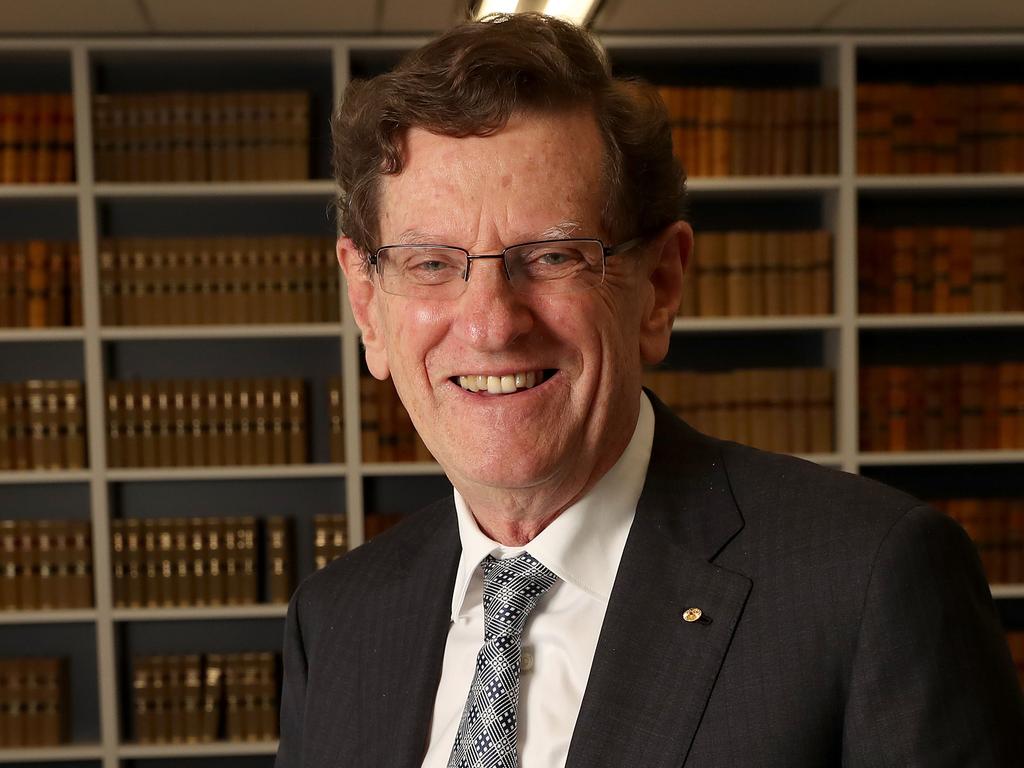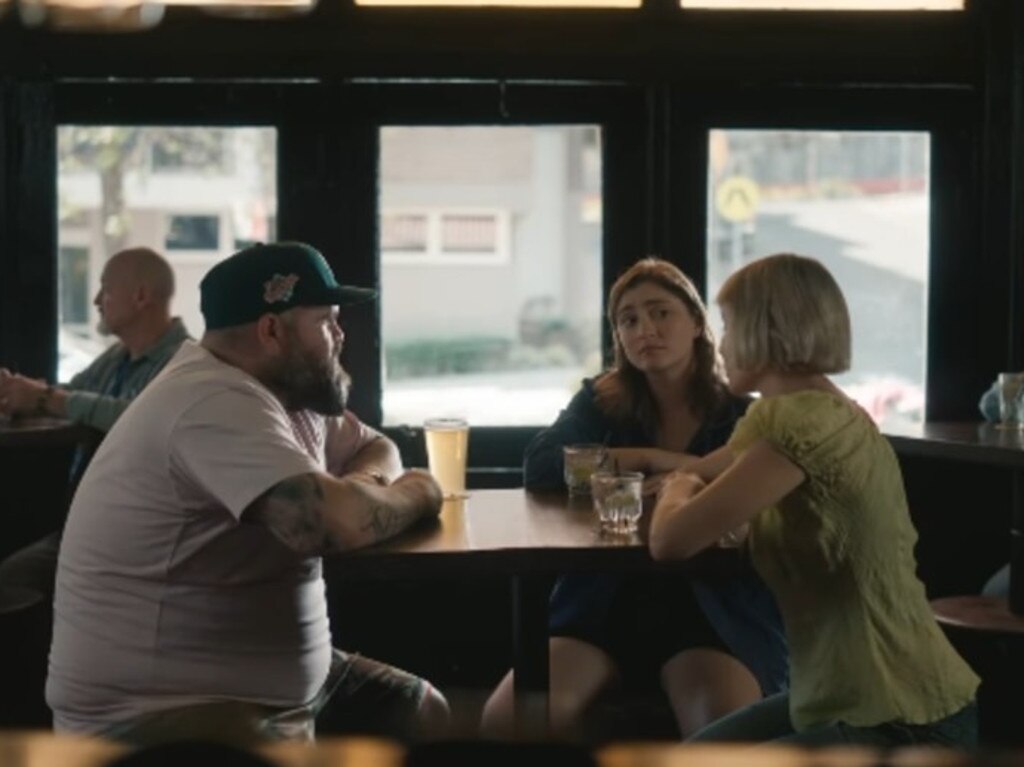Indigenous voice to parliament: It pains me to say so, but I see nothing to justify a Yes vote

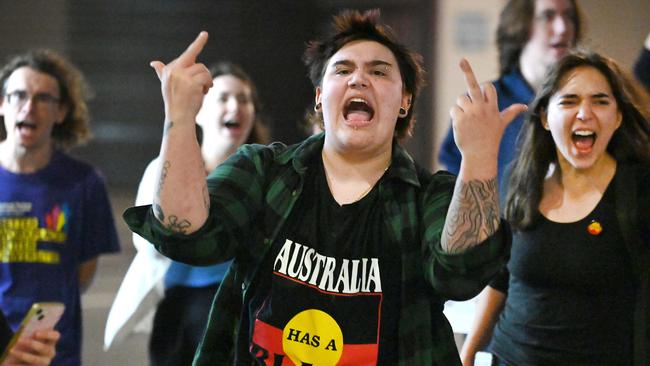
I’m probably not Robinson Crusoe on this one, but I’ve been uneasy about the voice project from the moment it was sprung on us – Surprise, everybody! – on election night, sensing the hallmarks of this government already stamped on it: a repellent blend of doltish arrogance, incompetence and laziness.
I wondered, however, if there might be an underlying substance and gravity to it that I had missed; that it was more than just a litany of platitudes, a plea to position ourselves on the right side of history, whatever that gibberish means.
So a few months ago I set aside my misgivings to write a piece in these pages in which I tried, as fairly and sympathetically as I could, to set out the cases for both sides without making any judgment, without urging people to vote one way or the other, and without revealing my voting intentions.
It was partly to clarify my own views, but was primarily, given the rising temperature of the public rhetoric, an attempt to offer readers with more pressing concerns what I hoped was a measured summary of the arguments they might consider before casting their ballots; you know, precisely what this indolent apology for a government ought to have provided to us right from the start.
The article was not met, I confess, with universal acclaim. “Nice try, mate, but it’s still a No from me,” said one friend, which suggests my even-handedness had slightly overbalanced.
Another asked, rather ungraciously, “Have you removed all the splinters from your arse yet?” But it’s not always a mistake to sit on the fence for a while; if it’s high enough it gives you a pretty good view in all directions, although eventually you have to climb back down to earth on one side or the other.
For me, that side was No, for a variety of reasons I’ll go into in a moment, but that – hard as this may be to comprehend – I don’t accept were born of ignorance, fear or malice. I know many people who will vote Yes in the sincere belief that a voice will do everything its advocates promise, and I don’t denigrate anyone for having faith in that possibility; even less do I doubt their goodwill towards Indigenous Australians. Some have difficulty in reciprocating that courtesy, even though I think I share their goodwill, despite disagreeing about the most effective way of expressing it. But I can live with that.
Simply put, I fear the voice mechanism risks damage out of all proportion to any good it might do. It’s a painful conclusion to arrive at, but not because I’m tortured by feelings of unexpiated guilt or shame. No, my sorrow is that a plan purportedly designed to unite us has already caused, and will continue to cause, such bitter division. Regardless of the grandiose claims made for the purity of its origin, since it entered the political arena the voice process has been ill-conceived, badly expressed and poorly prosecuted.
This position will cost me one or two friends, and inspire a certain froideur in some of my colleagues: yet another miserable result of the Prime Minister’s forcing of this shallow binary choice upon us. It’s an argument we didn’t need to have, and I will neither understand nor forgive our politicians for inciting it. It has echoes of their inane Covid mantra: staying apart keeps us together. A scheme to split the country right down the middle and thereby, in a way beyond the ken of lesser minds, magically unite us. Astonishing with how little wisdom the world is run.
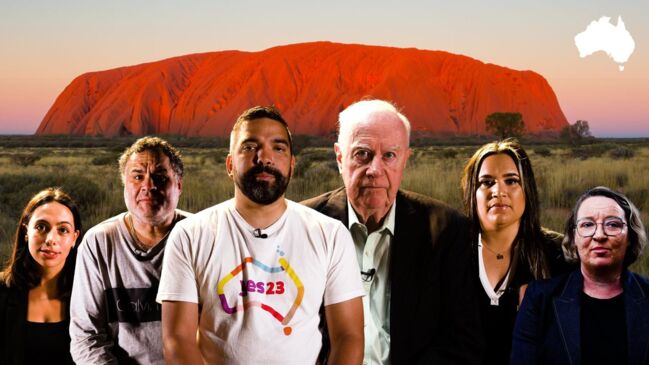
To be fair, I doubt I could ever have been persuaded to support the voice, even by smart people. (Does my memory fail me, or didn’t you once have to be clever to be a professor?) Its blurring of the very clear one-person, one-vote underpinning of liberal democracy was enough to lose me, although I can see how counterarguments could be advanced; and the dubious, murky method of selecting and separating us by ancestry seemed a backward step.
Perhaps I’m not bright enough to appreciate the subtlety of this unifying, equality-enhancing invitation, but a reform that gives a special right to people of only one group, whatever its supposed justification, appears to deny that right to those of any other group.
That alone is sufficient reason to reject it, but completely unacceptable is the presumptuous attempt to insert it – without, astonishingly, any consultation or debate – into the Constitution, which our deluded government seems to think it owns.
This is our nation’s founding document you halfwits are trying to scribble on, not the minutes of an ALP branch meeting.
In any event, the intransigence, dissimulation, bullying and now wheedling of the Yes proponents, starting with the Prime Minister, who stands head and shoulders below the rest, has made the decision easier. It’s a lesson we learn repeatedly from history: beware of small men making grand gestures.
It’s impossible, nevertheless, to disagree with the Yes camp – and indeed probably every thinking Australian – that what we’ve attempted so far to resolve lingering Aboriginal disadvantage hasn’t worked. If anyone has better ideas, let’s test them against reality and keep experimenting over and over, year after year if necessary, until we find one that works. The fact a cabal of self-styled leaders, activists and experts declares this particular half-baked, details-light model is our very last and only chance is reason for concern, not comfort.
Many prominent proponents of the Yes campaign speak with the supercilious confidence of people who are not accustomed to being challenged.
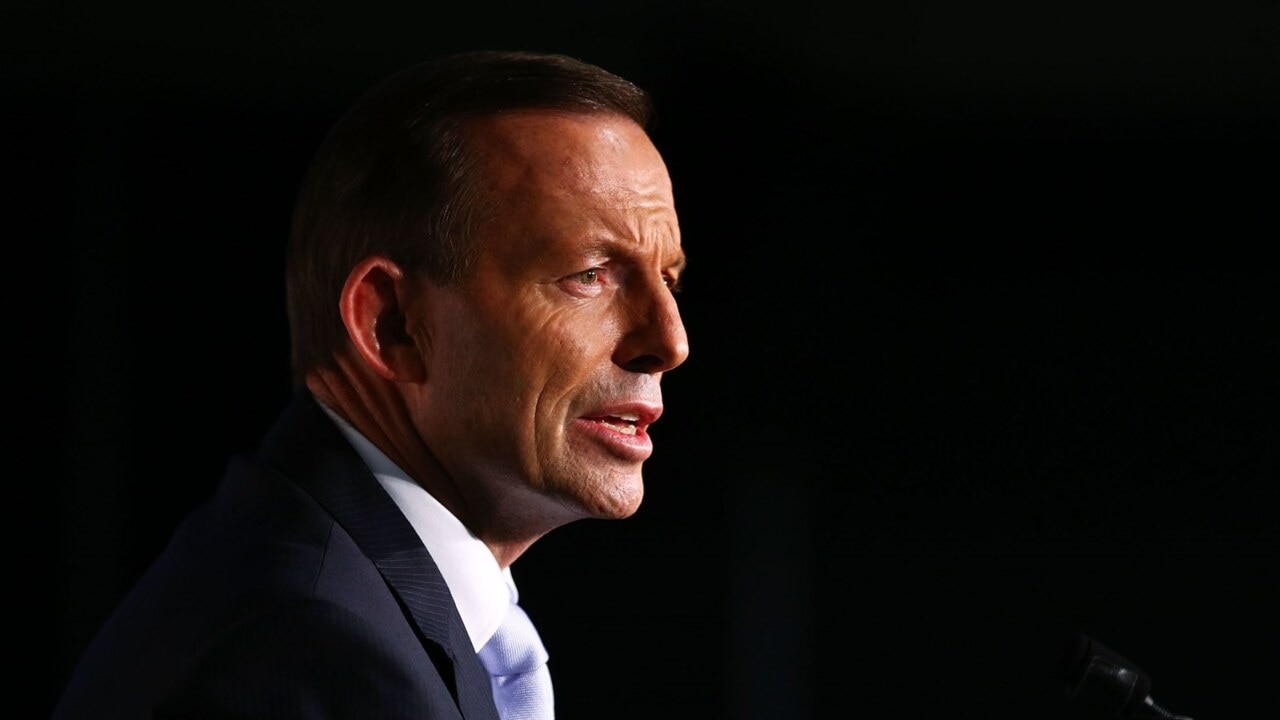
Over recent years it has become socially awkward, if not unacceptable, for a non-Indigenous person to voice an opinion on Aboriginal affairs. So for those who can trace their lineage wholly or partly to the continent’s pre-colonial inhabitants, that status has been a trump card to be played in any such discussion. It must come as a shock to them to discover their presumptive moral superiority does not confer immunity in this constitutional debate.
What has emerged is an unedifying release of pent-up vitriol. It’s claimed there are vicious actors on both sides of the argument, and there are indeed always zealots whose contributions aren’t helpful, but many Yes campaigners have played a singularly unattractive game.
They won’t see it that way, because to them it’s unarguable that to interrogate their case, to seek more information on any part of it, is racism, pure and simple. That has been an effective silencer in most previous encounters because the average person dreads that label; but the currency is devalued when it’s so freely thrown around, and especially when applied to people of manifest good faith.
The only reason anyone could think it acceptable, for example, to damn the readership of this newspaper as “borderline casual racists”, or to dismiss dissenting voices as stupid or ignorant, is because they inhabit an echo chamber populated by sycophants.
Whatever the perception of the partisans, I have read genuine concern, even anguish, in the now many thousands of comments our articles on both sides of the debate have provoked.
Here’s a thought: if you claim everyone who disagrees with you is a stupid racist, maybe you’re not the beacon of unification you imagine yourself to be.
Our government has reduced what should have been a thoughtful, probably lengthy and quite possibly dull evaluation of a significant constitutional amendment to simplistic moral posturing. And by equating rejection of the voice proposal to rejection of our Indigenous compatriots, it sends them a recklessly dishonest and destructive message.
Ordinary Australians don’t reject Indigenous people; they certainly don’t want their misery to continue; most, like me, would welcome all manner of attempts to address their problems. But please forgive those of us who are not convinced this particular avenue leads to the Promised Land. There’s an unassailable argument for change, but not this change.
What definitely hasn’t worked is maintaining unhappy groups of people outside mainstream Australian society, isolated, purposeless, helpless and dependent on government largesse to survive.
The brutal reality is that there is little opportunity for a rewarding working life in many such communities, and without huge, seismic change there never will be, either for the Indigenous people who live in them or for the outside doctors, nurses, teachers and tradies we must recruit to help and train them.
Has the well-intentioned generosity of welfare been misguided, and perversely alienated those it was meant to benefit?
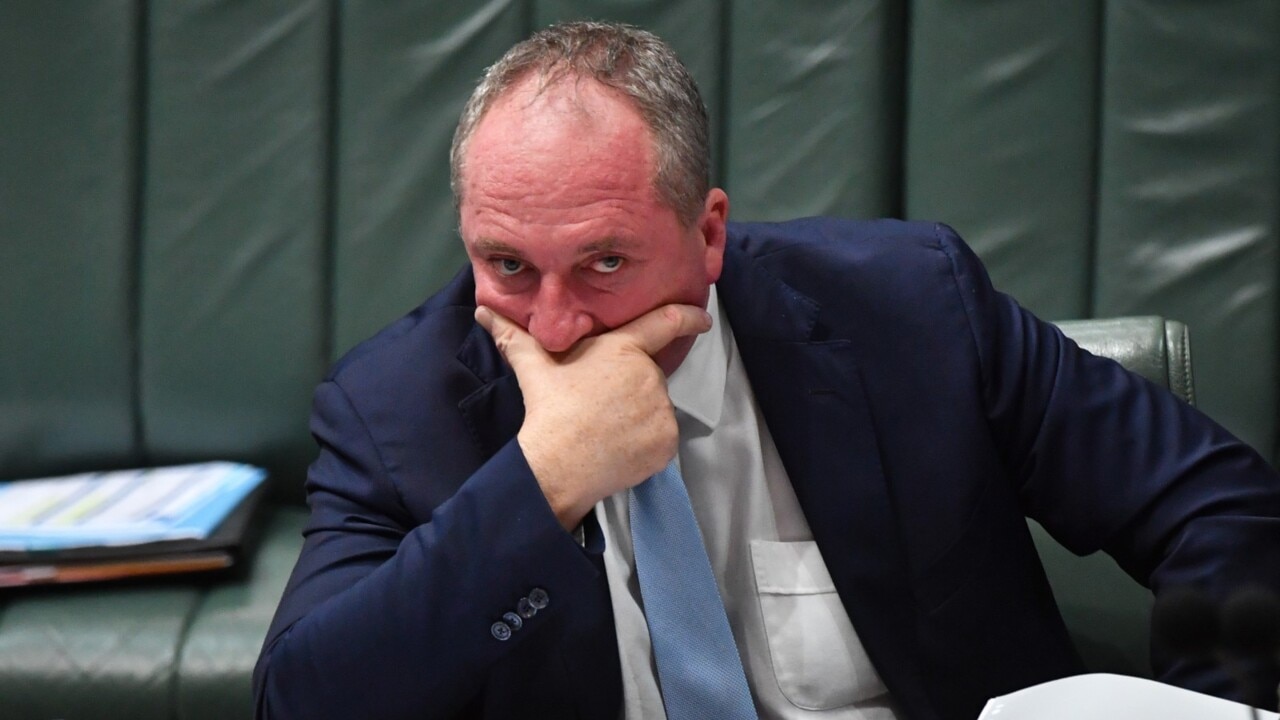
Or, worse, has it been misdirected through incompetence or malfeasance? To my mind the only useful by-product of this ruinous exercise is that it has concentrated the public’s mind on these questions, and on the tragic condition of much of remote Aboriginal Australia.
It has highlighted the expenditure of billions of dollars annually, and the inability of hundreds of agencies, across decades, to administer welfare funds in an efficient or transparent manner.
Some of the figures quoted are selectively calculated and deliberately exaggerated, but there’s little doubt that a great deal of money is not making it to where it’s needed. If this failure can be audited and corrected, then the distress the debate has caused might be justified.
It would be a Herculean challenge to sweep away the waste that pollutes the gigantic bureaucratic apparatus, which prompts another question: if its thousands of staff are deaf now to the voices crying for help, how would giving them permanent constitutional job security be an incentive to lift their game?
But if sorting out the Aboriginal aid industry is hard, it’s a breeze compared with fixing what’s going wrong in the distant, benighted townships and closed communities. That will require desperately tough decisions to be taken and implemented; nothing will improve until we abandon the misty-eyed view of what’s desirable or achievable, target the most egregious areas of dysfunction and, above all, stop condemning commonsense measures as cultural heresies.
Even the opposition Indigenous Australians spokeswoman, intimately acquainted with this topic, has paid the price for speaking out, vilified as a glove puppet operated by racist white men. Hard to conceive of a more despicable insult to an Indigenous woman, but it’s an exemplar of the condescension and arrogance of those who be-Chicken-Little the dissenters. And while it’s one thing for impassioned campaigners to let emotion get the better of them, to hear our Prime Minister mock half the nation was beyond disgraceful. You’ll be governing for all Australians, will you?
As a grateful migrant to a wonderful country, in the 30 years since I swore my oath of allegiance to Australia I’ve often been amused by the expected (almost always good-natured) teasing about my British origins.
What I wasn’t prepared for was to be newly reclassified by some as an unwelcome visitor, a trespasser in this nation – shades of the ugly “We grew here, you flew here” slogan of the Cronulla rioters nearly 20 years ago. And never did I dream that the primacy of ancestry would diminish my Australian-born children’s status here.
Amazing as this may sound, it’s disappointing to be told you’re stupid, unreasonable, immoral, ignorant and racist by people who demand respect but give none in return. The fact is, all the polling indicates a respectful form of constitutional recognition was acceptable to the vast majority of Australians, but that was expressly dismissed as inadequate by every group that met to contribute to the Uluru Statement from the Heart’s terms.
I have ploughed through the 112 pages of background papers and the statements of record of the regional dialogues; and while they don’t make it into the not-much-to-see-here single-page summary, the quest for treaties and sovereignty, the required acknowledgment of genocide, the calls for financial reparations, leap from every page. Anyone who reads those documents and doesn’t feel uncomfortable is a more trusting soul than I am.
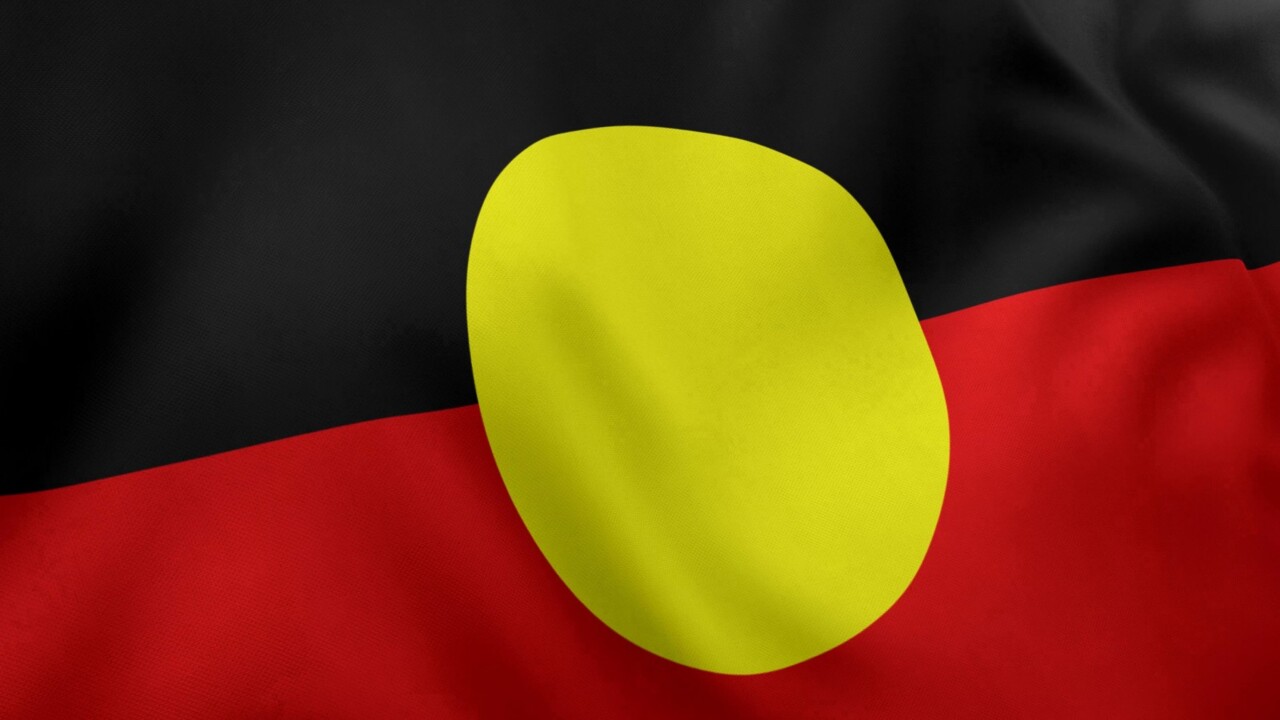
The activists are of course entitled to ask for whatever they think they deserve, but in some cases their generous invitation to walk together into a brighter future is couched in language better suited to vengeance; meanwhile it’s difficult not to fancy that a few of the outstretched hands of friendship seem to be reaching for our wallets. And if they’ve been working on the voice for many years, as we’re told, they were blind to how their demands might be perceived or indifferent to ordinary sensibilities throughout their deliberations.
Either way, the length of the process is of negligible significance: there are countless people who have devoted their lives to writing third-rate novels and other vanity projects that don’t bear critical scrutiny. The amendment was carelessly planned and pursued, despite the reaction to it being not just predictable but widely predicted.
I’m sad the architects of the voice were misled by our leaders, who assured them, behind closed doors, it was a done deal (standard operating procedure in Australian politics, unfortunately). No wonder they’re frustrated now the Yes vote looks like failing: they won’t be able to participate in the scrupulously fair allocation of seats on the voice’s gravy train as it steams off to Canberra. Anyone taking bets we could have named the first half-dozen ticketholders in the dining car?
But enough; let’s end with a word of consolation to the image-conscious citizens who are terrified that if the voice is voted down we’ll be perceived as rabid rednecks by every other country on earth, whose own human-rights records are miraculously spotless.
Sorry, globetrotters, we’re not on the world stage, much less in the spotlight; we’re barely in the audience. Of all the possible consequences of a No result, that should be the least of your concerns. Truth be told, I’m more worried that I’ll be identified and run over by one of my teal neighbours sneaking up behind me in their silent, Chinese toddler-built battery car.
That would probably be the end I deserve, and perhaps not entirely unwelcome, even to me. I’ve often wondered if one of the reasons some old people give up the ghost is that they’ve had enough of all life’s nonsense, ground down by the crushing weight of human stupidity.
Lord knows, there’s no shortage of that these days.



